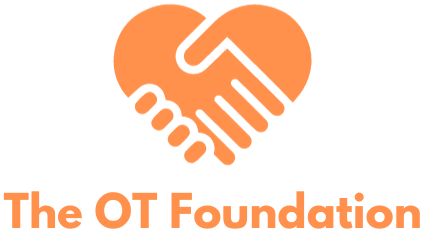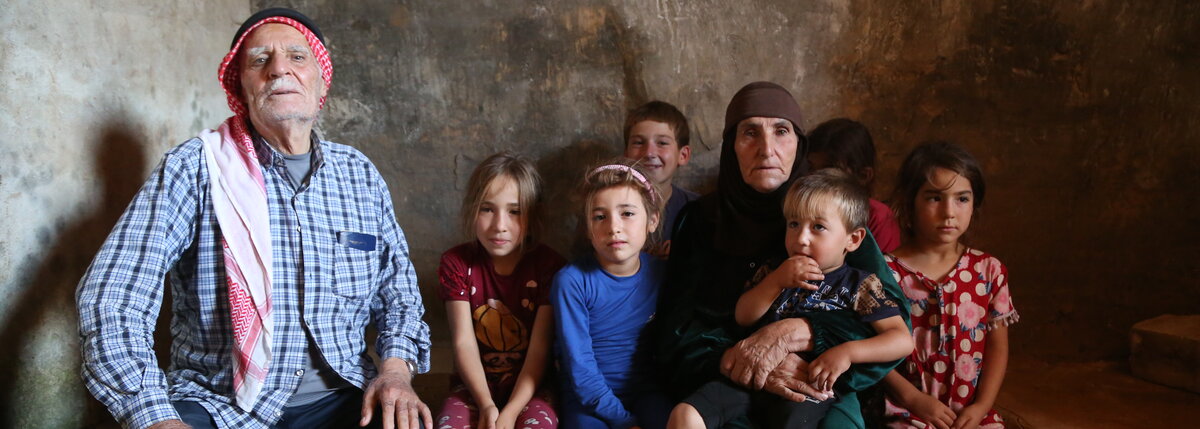In Guatemala, the convergence of the aftermath of the COVID-19 pandemic and the economic repercussions of the Russia-Ukraine conflict has created a challenging humanitarian landscape. Escalating prices of essential commodities, exacerbated by these global events, are hindering the country’s recovery. As Guatemala prepares for the 2023 elections, progress has been made in protection mechanisms, but violence remains a pervasive issue, especially impacting women and children. The most pressing humanitarian needs stem from food and nutritional insecurity, human mobility, and hydrometeorological disasters. With approximately 4.6 million people requiring immediate food assistance and 1.9 million facing acute malnutrition, the situation demands urgent attention. Moreover, the country faces challenges related to human mobility, with a doubling in the number of returned individuals in 2022. Recent tropical storms have further compounded the crisis, affecting millions and causing significant damage to infrastructure. To address these challenges, a comprehensive approach is essential. Short-term aid is crucial for immediate relief, focusing on food security, shelter, nutrition, water, health, education, and protection. Simultaneously, leveraging AI and Robotics can drive sustainable change, enhancing agricultural practices, optimizing disaster response, and bolstering healthcare and education initiatives. This holistic strategy aims not only to provide immediate relief but also to empower Guatemala for a resilient and tech-enabled future.



